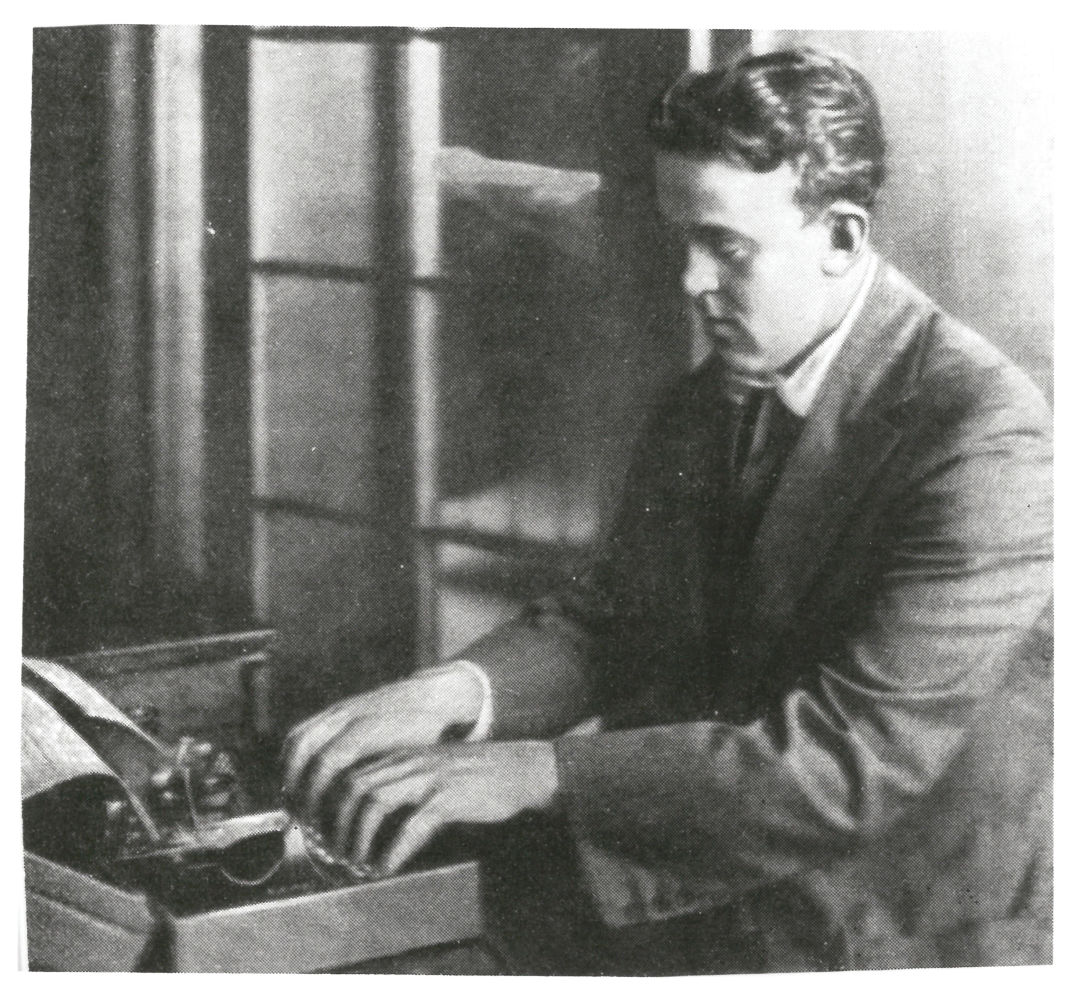100 Years Ago, the Bolsheviks Seized Russia. Portland’s Most Notorious Journalist Was There.

John Reed: He's always back in the USSR.
Lenin had shaved his beard. At 8:40 one fall morning in 1917, the Bolshevik leader addressed the Petrograd Soviet, the revolutionary assembly vying to seize the crumbling Russian state. His pants were too long. “A short stocky figure, with a big head set down in his shoulders, bald and bulging.” The crowd roared. Lenin waited, then:
“We shall now proceed to construct the Socialist order!”
John Reed, a 40-year-old journalist from Portland, scribbled notes that would become his 1919 book, Ten Days That Shook the World. A classic of on-scene reportage and unapologetic propaganda, Ten Days remains the most prominent English account of the October Revolution, the coup that led to the Union of Soviet Socialist Republics. A century after the revolution, Reed’s book may also still be the most enduringly famous work of journalism by a Portlander. And he was definitely a Portlander. He grew up in West Hills luxury. Via his wife, protypical feminist rebel Louise Bryant, he connected with our “vest-pocket bohemia” (as biographer Barbara Gelb put it). That small circle celebrated art, literature, lefty politics, and free love in an arch-conservative town.
“The bohemian culture was a minority influence, for sure,” says historian Michael Munk, whose 2007 Portland Red Guide maps a forgotten civic culture. “But the people in it had a big influence on how the city evolved—on art, architecture, and politics. There’s a heritage from that period you can find on the streets and the blogs.”
Even so, Reed hated Portland. (“Awful beyond words,” he once wrote.) After boarding school and Harvard, he made his mark as a fiery young Greenwich Village journalist, covering strikes for the socialist Masses and the Mexican Revolution for upscale Metropolitan. In Russia, he embraced the Bolshevik cause with naive and epic fervor. “From Vologda to Chita in far Siberia, from Pskov to Sebastopol on the Black Sea, in great cities and little villages, civil war burst into flame.”
Ten Days offers riveting firsthand testimony, but no skeptical analysis. Its author didn’t live to see Lenin’s legacy. In 1920—effectively exiled from an America in the midst of a repressive national crackdown on “sedition”—Reed died of typhus in Moscow. The Bolsheviks, now in power, entombed him in the Kremlin wall.
A bloody century later, there John Reed remains—right by Lenin, in fact.



